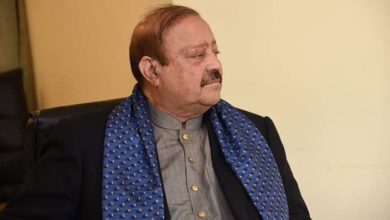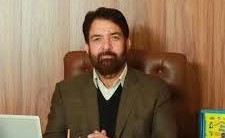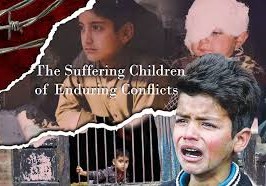AJK minister compares democratic rights of IIOJK and AJK people, highlights contrasting State responses
Muzaffarabad: The Information Minister of the Azad Jammu and Kashmir (AJK), Pir Mazhar Abdullah Shah, has expressed strong support for Pakistan’s commitment to the Kashmiri people, highlighting that the sacrifices of martyrs in Indian illegally occupied Jammu and Kashmir are a testament to their unwavering love for Pakistan.
According to Kashmir Media Service, Pir Mazhar Abdullah Shah in a media interview pointed out that martyrs in IIOJK are draped in Pakistani flags, symbolizing their dedication to Pakistan.
He condemned India’s actions, referring to Indian forces in IIOJK as an “occupation force” and emphasized the contrast with the role of Pakistani forces in Azad Kashmir, which he described as protectors of the people. “There are 11,000 widows in IIOJK, and only Pakistan stands with Kashmiris. The Kashmiris are indebted to Pakistan for standing by them,” he remarked.
The minister also addressed the democratic nature of the recent protests in AJK, where citizens took to the streets in large numbers against the presidential ordinance. He commended the people of AJK for demonstrating peacefully, asserting that the AJK government and its people made it clear to the world that they are a democratic people. Shah criticized India’s approach, noting that such demonstrations would not be tolerated in IIOJK, where the Indian government often responds with force.
He reaffirmed the right of Kashmiris to continue their struggle for the freedom of IIOJK and the protection of AJK, emphasizing that it is their democratic right to seek justice. In contrast, he pointed out, India suppresses Kashmiris, even its own over 30 million Dalits, highlighting the stark contrast between India’s repression in IIOJK and the democracy practiced in Azad Kashmir.
Pir Mazhar Abdullah reiterated AJK’s commitment to unity, pointing out that the government has welcomed the Awami Action Committee, asserting that they are part of the broader Kashmiri community. He asked, “Is there any comparison with IIOJK, where such cooperation is stifled under Indian occupation?”








